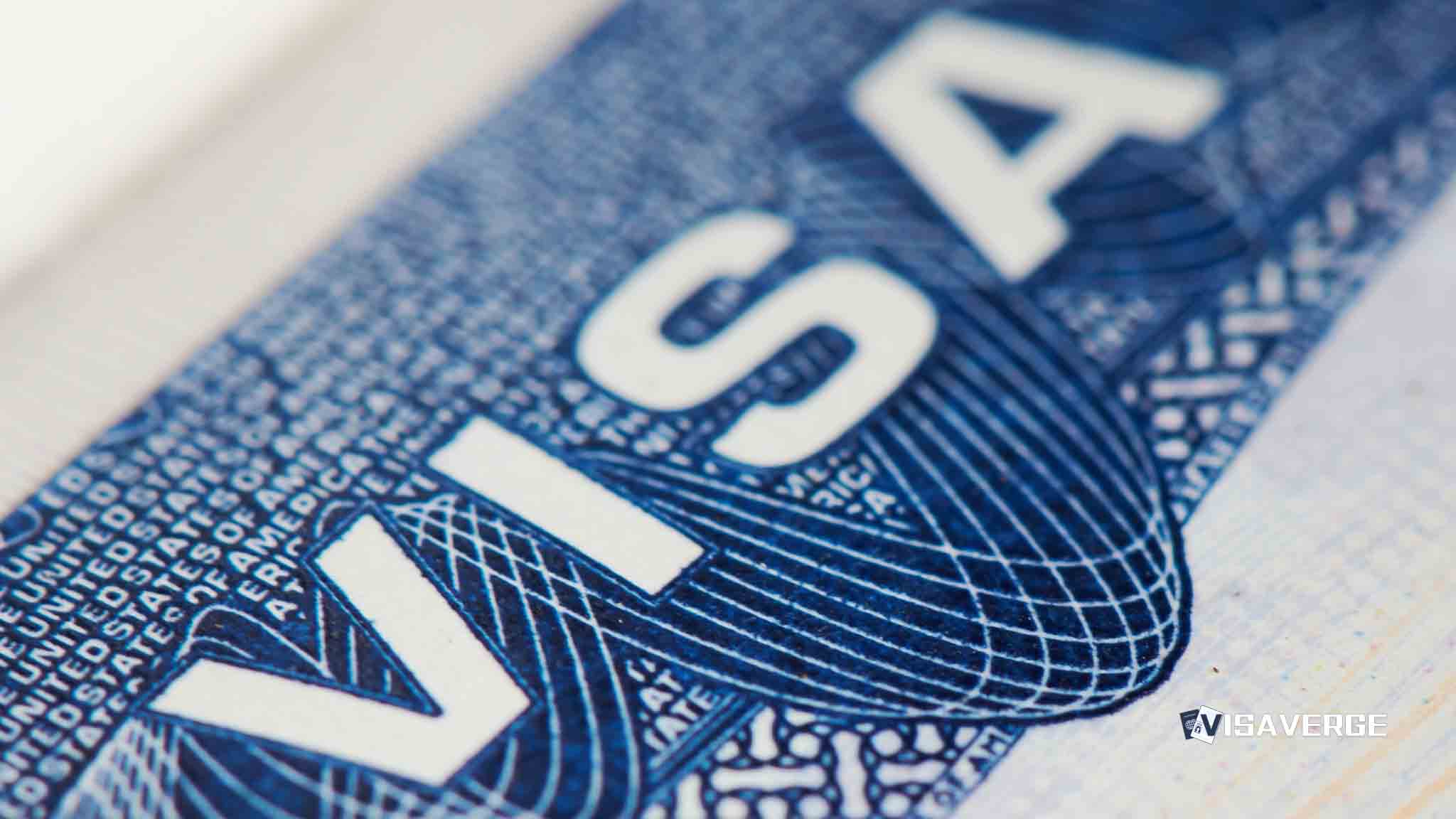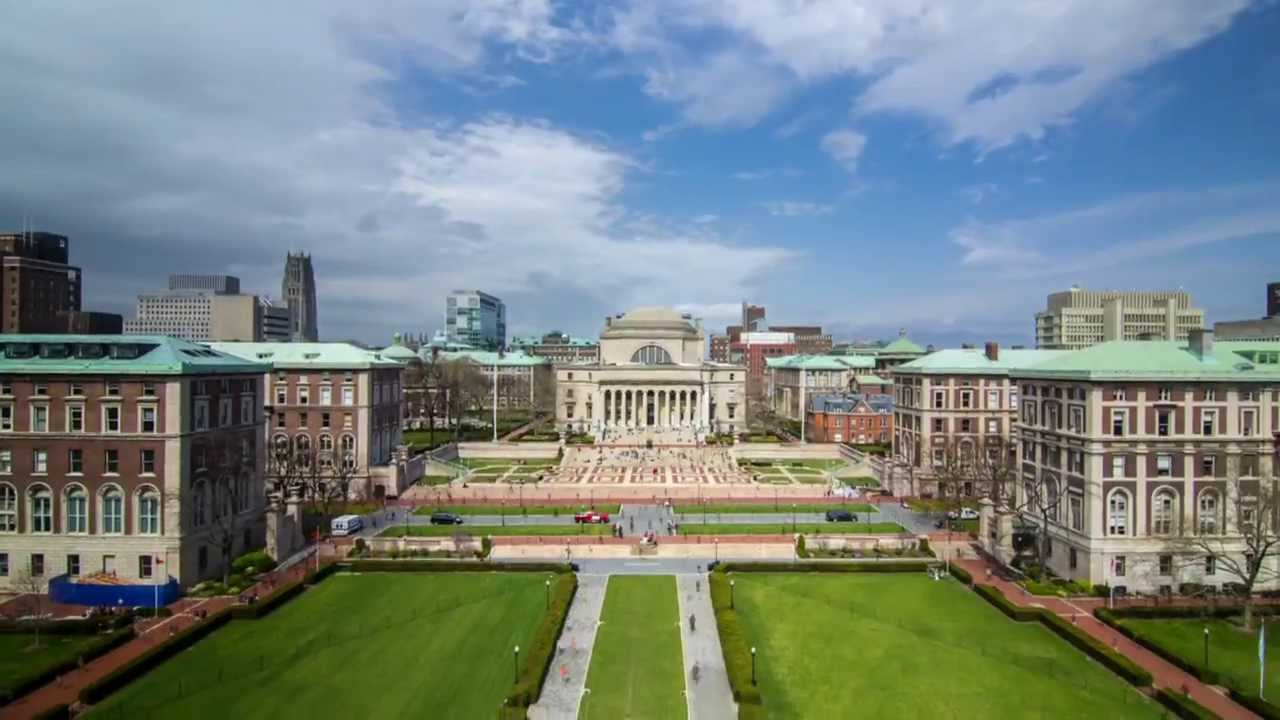Chinese Students in America: Navigating U.S. Visa Challenges and U.S.-China Relations in Higher Education
Chinese students have long been drawn to America for its renowned educational opportunities. However, recent concerns over intelligence and Beijing’s influence in higher education have made the visa process more challenging for these students. In some cases, Chinese students with valid visas are being denied entry to the country, causing frustration and impacting their educational aspirations.

U.S. Visa Challenges for Chinese Students
Chinese Ambassador Xie Feng raised the issue of Chinese students being unfairly questioned and denied entry to the United States. These students held valid visas, had no criminal records, and were intending to return to their studies. However, they faced interrogations, restrictions from contacting their parents, and even forced repatriation. Such incidents are deemed “absolutely unacceptable.” The lengthy questioning of Chinese students with valid visas undermines confidence in the United States, leading some talented Chinese students to pursue education in other countries.
Furthermore, Chinese nationals accounted for more than 280,000 visas out of the 600,000 issued by the State Department in 2023. Despite this significant number, Chinese students often experience longer wait times for visas compared to students from other countries. Approval of a visa does not guarantee entry, as border patrol agents have extensive discretion in denying entry despite a valid visa.
U.S.-China Relations in Higher Education
The concerns over Chinese students studying in America are rooted in wider U.S.-China relations. U.S. officials have grown increasingly worried about the presence of Chinese spies operating across multiple sectors, including college campuses. While most Chinese students come to study legitimately, there have been isolated cases where students have been involved in espionage activities. These incidents have heightened concerns over national security and intellectual property protection.
Lawmakers have specifically targeted Confucius Institutes, Beijing-affiliated organizations on college campuses. These institutes have faced criticism for their potential to provide access to sensitive research and technologies, benefiting China’s People’s Liberation Army. As a result, efforts have been made to shut down and scrutinize these institutes further.
Clarity and Engagement in Immigration Policies
There is an ongoing debate on immigration policies and their impact on Chinese students. Experts argue that the majority of Chinese students genuinely pursue education with a willingness to take risks for a quality education. However, the U.S. government is concerned about the concentration of Chinese students in science and technology fields, as these sectors are of particular interest to the Chinese government.
Efforts are being made to approach U.S.-China relations, higher education, and research partnerships in a more nuanced and evidence-based manner. Congressional Asian Pacific American Caucus (CAPAC) members have expressed concerns over the potential revival of the “China Initiative,” which targeted espionage during the Trump administration. They argue that such initiatives can result in the unnecessary targeting and harassment of Chinese students with valid visas, potentially leading to a loss of innovation, economic productivity, and campus diversity.
Moving Forward
Balancing national security concerns and the free flow of international students is a complex challenge. It is crucial to protect national security and intellectual property without resorting to discriminatory measures that target Chinese students. The United States must find ways to strengthen its immigration policies while maintaining a welcoming environment for talented individuals from all over the world.
As Chinese students continue to seek educational opportunities in America, it is essential for both governments to work together to address concerns, enhance communication, and ensure the fair treatment of students with valid visas. A collaborative approach will allow the United States to reap the benefits of Chinese students’ contributions to innovation, economic growth, and campus life.
For more information on U.S. immigration policies and visa procedures, please visit the official website of the U.S. Department of State: https://travel.state.gov/content/travel/en/us-visas.html
Learn Today:
Glossary of Immigration Terminology
- Visa: A legal document issued by a country’s government that allows a foreign individual to enter, stay, or work in that country for a specific period of time.
- Valid Visa: A visa that is currently within its validity period and allows the holder to enter and stay in a country legally.
-
Denial of Entry: The refusal by immigration officials to allow an individual to enter a country, even if they possess a valid visa.
-
Repatriation: The process of returning a person to their home country or country of origin.
-
Wait Times: The duration of time an individual must wait for their visa application to be processed and approved.
-
Border Patrol Agents: Officials responsible for enforcing immigration laws and regulations at the border and entry points of a country.
-
Discretion: The authority granted to immigration officials to make decisions based on their own judgment or personal evaluation of a situation.
-
Espionage: The act of spying or gathering secret or confidential information, usually for a government or political purpose.
-
National Security: The protection and defense of a country’s interests, citizens, and infrastructure against threats, both foreign and domestic.
-
Intellectual Property: Intangible creations of the human intellect, such as inventions, designs, and artistic and literary works, protected by copyright, patents, and trademarks.
-
Confucius Institutes: Organizations affiliated with the Chinese government that promote Chinese language and culture, often located within colleges and universities.
-
People’s Liberation Army (PLA): The unified military organization of the People’s Republic of China, responsible for defending the country and maintaining national security.
-
Evidence-Based: A decision-making approach that relies on objective data, research, and empirical evidence to inform policies and actions.
-
Congressional Asian Pacific American Caucus (CAPAC): A group of members of the United States Congress who advocate for the interests and concerns of Asian Pacific American communities.
-
Campus Diversity: The presence and representation of individuals from a wide range of backgrounds, cultures, and identities within an educational institution’s student body and community.
-
Discriminatory Measures: Policies, actions, or practices that unfairly treat or disadvantage a specific group of people based on their race, nationality, or other protected characteristics.
-
Nationality: A person’s legal relationship with a particular country, usually determined by birth, ancestry, or naturalization.
-
Collaboration: Working together with others towards a common goal or objective.
-
Innovation: The development and implementation of new ideas, products, or processes that result in improved or more effective outcomes.
-
Economic Productivity: The level of output and efficiency of an economy, typically measured by factors such as gross domestic product (GDP) and labor productivity.
Wrap up the topic at visaverge.com for all the latest updates on U.S. immigration policies and visa procedures. Don’t miss out on staying informed and exploring more in-depth information on this ever-evolving subject. Happy reading!
This Article in a Nutshell:
Chinese students face visa challenges in the US due to concerns over intelligence and US-China relations. Recent incidents of valid visa holders being denied entry have caused frustration and impacted their educational goals. Balancing national security and a welcoming environment is crucial for both governments to ensure fair treatment of students.







